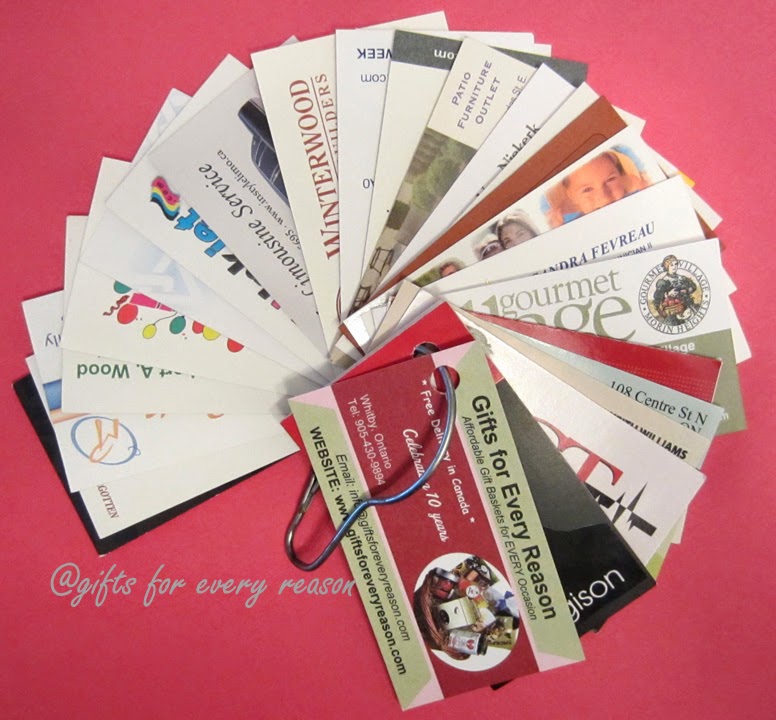The curious financial advisor who asks clients probing questions about what is important to them will be successful in determining appropriate gifts to show appreciation.
"What [clients] tell you about themselves is proprietary to your relationship," says Duncan MacPherson, co-CEO and co-founder of Pareto Systems Inc. in Kelowna, B.C. "It's one of the most valuable assets you'll ever possess."
MacPherson uses the acronym FORM to represent the four aspects of clients' lives that advisors should be familiar with: family, occupation, recreation and money. Knowing those details will provide the inspiration for gifts that clients will enjoy.
If a client has mentioned wanting to plan a vacation, for instance, consider treating him or her to a guidebook for the country the client would like to visit. In that scenario, it is not only a gift of appreciation, but also a token that will motivate the client to keep saving for this trip, says Joanne Ferguson, president of Advisor Pathways in Toronto.
The guidebook is also something that's not likely to be thrown away and, therefore, will serve as a regular reminder of your thoughtful gesture.
One of the things Lisa Applegath, first vice president and investment advisor at CIBC Wood Gundy in Toronto, does when clients welcome a new baby to the family is send a package containing a few of her favourite children's books.
"We tell clients to enjoy it either with their child or grandchild," Applegath says. "Newborns often don't get books; they usually get clothes."
Regardless of the gift you give, try and avoid gifts that boast your name and phone number, says Sylvia Garibaldi, owner of SG and Associates in Toronto. She recommends staying away from pens, magnets and calendars.
"I see that more as a marketing tool to put [an advisor] on [a client's] fridge," says Garibaldi. "It really needs to be a thought-out strategy in terms of who [advisors] want to reach out to and then do it in a way that's really significant and thoughtful."
MacPherson's opinion is that calendars can work if they have impact. He uses the example of an advisor who wanted to show appreciation to a client who is an avid golfer. MacPherson recommended that the advisor send a calendar with photographs of the world's best golf courses. MacPherson says the client called the advisor to thank him and tell him that those golf courses had been added to the client's bucket list of places to visit.
The calendar also served another purpose. "Think about this, [it's] a $15 calendar sitting in his garage for the next 12 months, reminding that client about the financial advisor," says MacPherson.
The amount you spend on a gift should also be a consideration when deciding what to buy.
"You want to be thoughtful but you also have to put your business hat on," says Ferguson.
This means that gifts should be a part of your annual budget and you should be aware of any spending rules your compliance department may have. You will also want to check with your accountant to see what might be tax-deductible, says Ferguson.












.JPG)
+.jpg)







